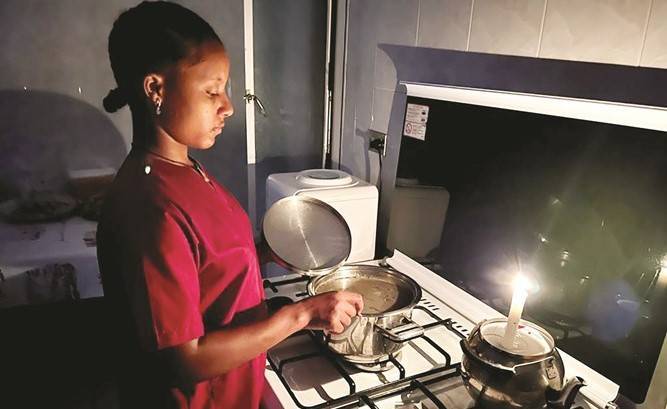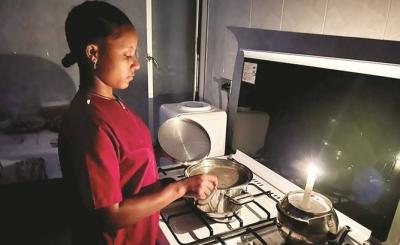As 2022 enters its countdown to extracting its last card and transitions into the new year of 2023, the people of the "Land of the Cedars" hope for improvements over previous years, particularly in halting the collapse that has been evident since late 2019.
2022 did not differ from the preceding years, as the country witnessed unprecedented scenes, largely reminiscent of the dark days of the civil war (1975 - 1990). Although fuel and its derivatives did not run out, their prices reached record levels, impacting transportation, heating, and electricity supply. Bread and flour were still available, but prices reached unprecedented figures. Certain geographic areas faced long queues for bread due to distribution issues with subsidized flour. While French bread was available in bakeries, Arabic bread was absent.
Medications were not completely unavailable for those relying on state-subsidized prices. Still, advertisements proliferated on social media for medications sourced from Turkey, accompanied by price lists in U.S. dollars. The official healthcare sector, managed by social security and the state employee cooperative, collapsed, with coverage of medical bills from these two funds now barely reaching five percent of the value. Complete medical care was available only to those who could afford insurance in hard currency or those who took care of themselves without a guarantor.
2022 was marked by the disintegration of the Lebanese state and its official administrations. Employees were absent, with some indifferent to leaving their jobs, incurring transportation costs to their workplaces. Official stamps for administrative transactions faded away, and scandals in real estate departments and vehicle registration services grew. Obtaining a passport became scarce, and securing an appointment within months was considered an achievement.
Banks imposed restrictive measures around their remaining branches, requiring prior appointments for access, along with passing security checkpoints, rendering the sector effectively defunct. The latter part of the year also saw homes unable to afford the subscription fee in U.S. dollars and thus missing out on World Cup coverage for the first time since Lebanon entered the television age.
Lebanese people shared numerous tales of crisis, yet they experienced few joys, including the national basketball team's achievement of the Asia Championship runner-up and qualification for the World Championship, as well as the dance group "Mias" winning first prize on a television program in the United States.
Politically, the Lebanese held parliamentary elections in May, yet the parliament members failed to elect a new president for the nation as of last October. Financially, the Lebanese experienced pricing for basic services in foreign currency. Some refrained from using generator electricity due to inability to bear the costs, leading many to turn off their refrigerators and air conditioners to avoid the bills.
Many daily aspects changed, yet the cycle of life did not come to a halt, to the extent that the question "Where is the crisis?" became a common refrain among people.




